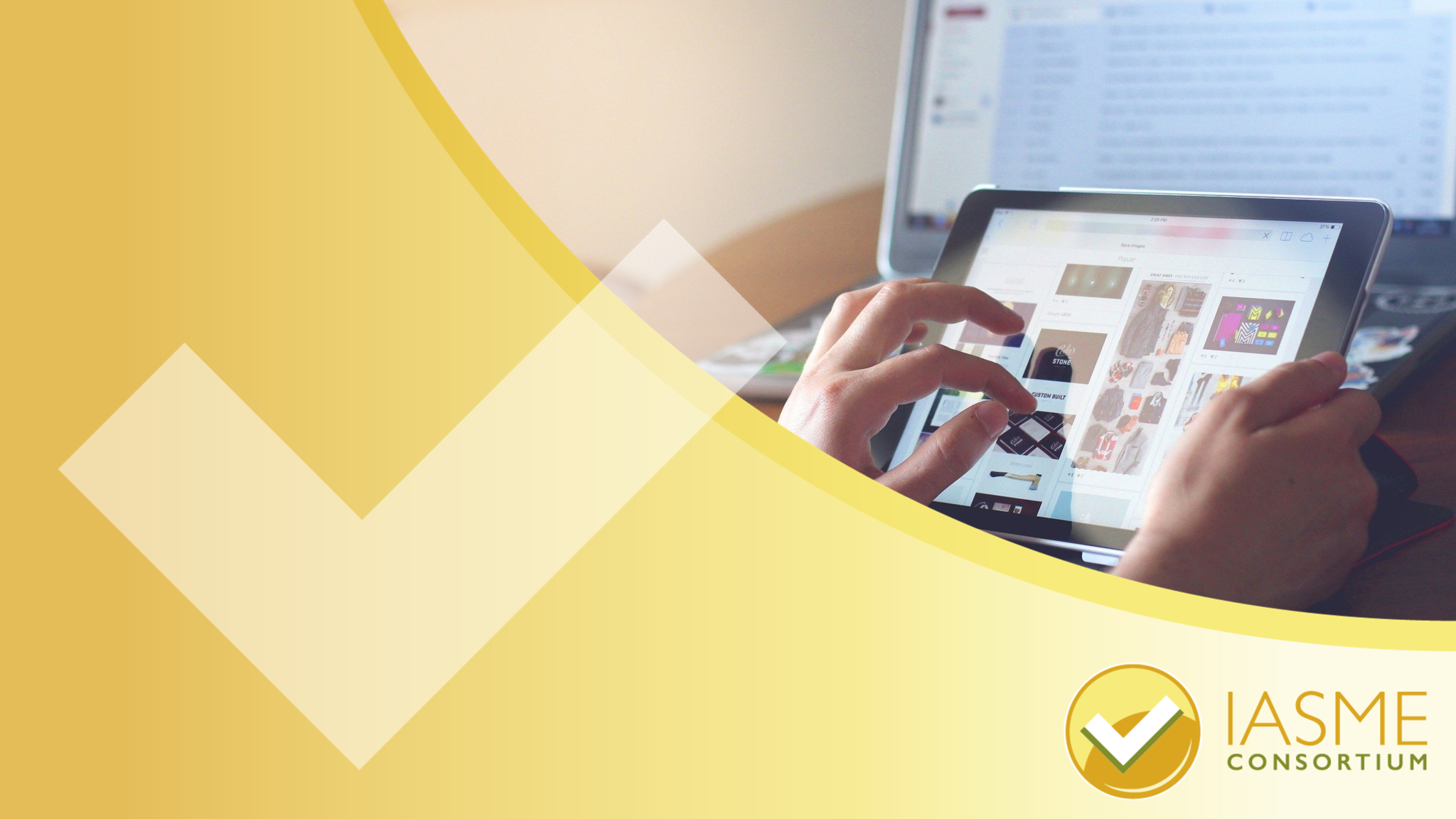Today, using the internet to communicate with other people is a standard part of everyday life. You can use the internet to communicate with anybody in the world. While there are people like friends and family who you want to share information with, there are also people who want to use your information on the internet to commit crime.
Privacy describes the state of being free from other people’s attention, unobserved and not disturbed. On the internet, if privacy controls are not in place, the wide range of information you generate such as financial transactions, your name, address, personal and medical information can be intercepted and used in malicious ways. For example, a criminal might use the information to pretend to be you, which is called “stealing your identity”. Someone might steal your identity in order to take out bank loans or set up credit cards and accounts in your name, this would seriously compromise your private and professional reputation as well as damage your credit rating.
The websites you visit as well as the information you search for using search tools can also be stored and used by third party organisations. This information is used to tailor the content of news feeds and web ads in order to ‘improve’ your experience of the internet, which means to personalise content based on your profile. Our data is also used to target us with products and services that we are more likely to be interested in and therefore purchase, but it can also be (mis)used to manipulate and persuade us with targeted mis-information.
Information that you post on the internet, stays there and can be found and used years later. Your social media accounts, for example, tell a story about your life, your family, friends, holiday, pets, and jobs, and can all be used to harvest information about you that could then be capitalised on to commit fraud. Examples of this is using your personal information to help guess your passwords or using details for a targeted email to trick you into downloading malware or giving away your passwords (phishing campaign). This is why privacy is important.
Social media is one of the most common ways of communicating using the internet. There are many different social media sites where people connect and communicate with one another online. Facebook is predominant with approximately 2.7 billion users. There is a large amount of information accessible to others from a social media account which is difficult to take away once it is out there. However, there is the “right to be forgotten” in the UK and Europe which requires the social media sites to remove data on request. It is possible to modify your settings to ensure that your privacy is protected, some of the settings are hidden away and difficult to find. Not using social media is always an option, however, if you want to use these sites, then it is recommended that you use the privacy settings available. Most social media sites are designed to optimize openness to encourage social networking and will automatically have maximum sharing as a default setting. This means that before you post any information or images, you will need to look up the way the settings work in order to decide the appropriate level of privacy for you. Fortunately, there is a large amount of information available on the internet and from the social media companies themselves. It is also possible to ask someone you trust to help you or to pay a technical support professional.
The “cookie” was invented as a way to save a bit of information in your browser for every site you visited, it was designed so that websites could recognize a user and save them having to log in each time. Most websites use cookies which they place on your browser to trace you and recognise you when you come back, it is law in the EU and the UK that the website needs to ask for your consent before using cookies. You can set your web browser to refuse cookies and you are also able to clear them at any time (look in your browser settings – Preferences – Privacy)
Tips for online privacy
Delete old social media accounts you no longer use.
Old social media accounts, as well as accounts for shopping sites and similar websites that you do not use any more should be deleted to minimise the amount of information that can be gathered about you. Deleting old accounts also takes away an unnecessary window of opportunity for the cyber criminal to access these old accounts.
Remove Cookies from your Web Browser.
Websites leave information on your Web browser called Cookies. Legitimate websites use this to make it easier for you to interact with them, but cookies can also be used to collect information about you. This means that it is necessary to remove cookies from your browser from time to time. This is done differently on different browsers, fortunately the information is easy to find.
Check privacy settings.
Privacy settings on social media sites, applications and other accounts can be changed. Get into the habit of checking the privacy settings of any new account you set up.
Use burner accounts.
Create more than one email account so that you can delete it if you need to. Also use the accounts for different purposes. Use one to talk to important people in your life and another one for social media accounts.
Don’t use clickbait surveys.
With the elusive promise of a prize draw, online surveys can allow organisation to collect large amounts of data about you, from your name, address and email, to your marital status, family income, age of children. The fact is, your data is the valuable prize and you are giving it away for free. This data can be sold to many other companies, who can target you for sales, or use your contact information for spam and phishing attacks. Avoid Clickbait surveys.


